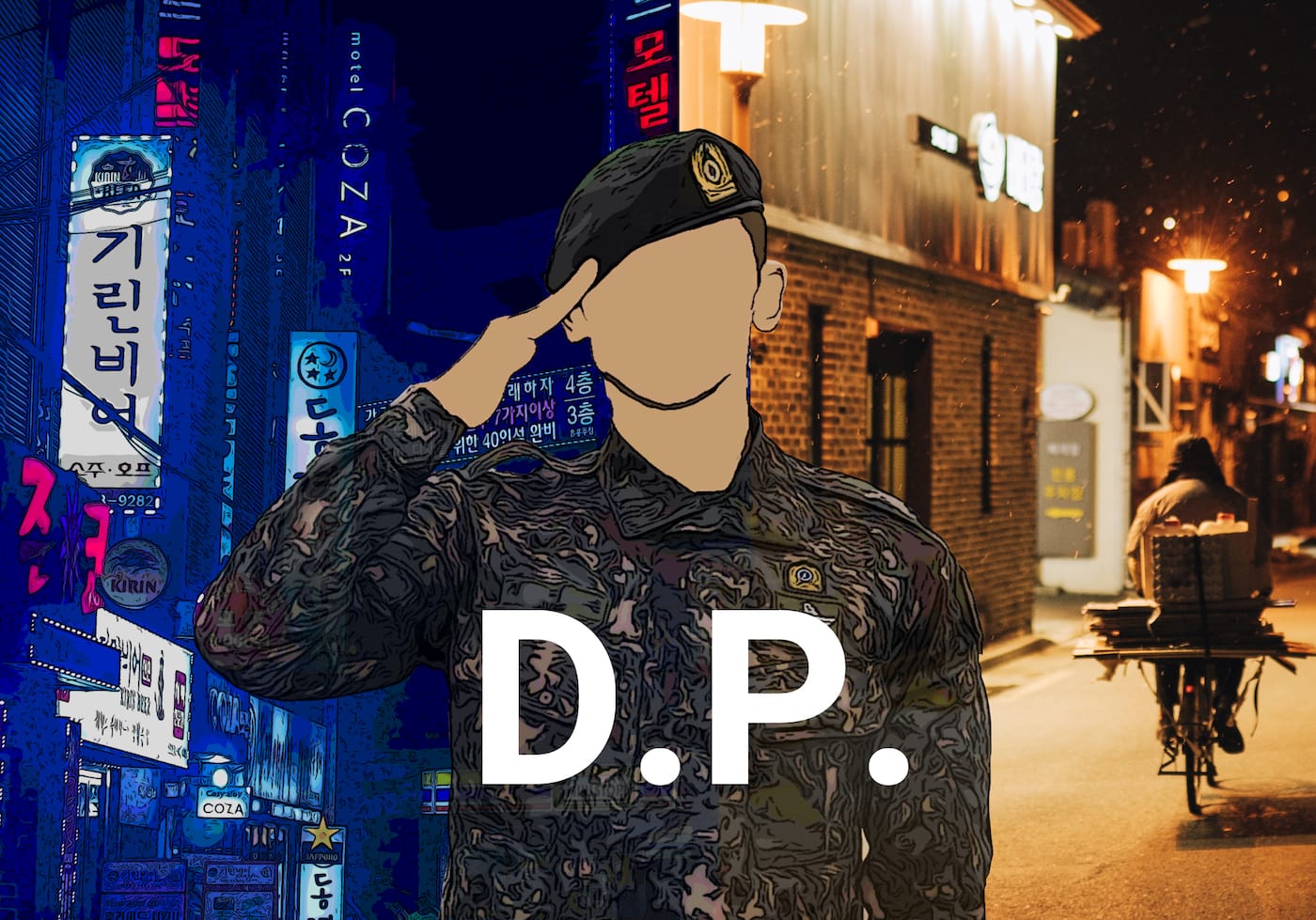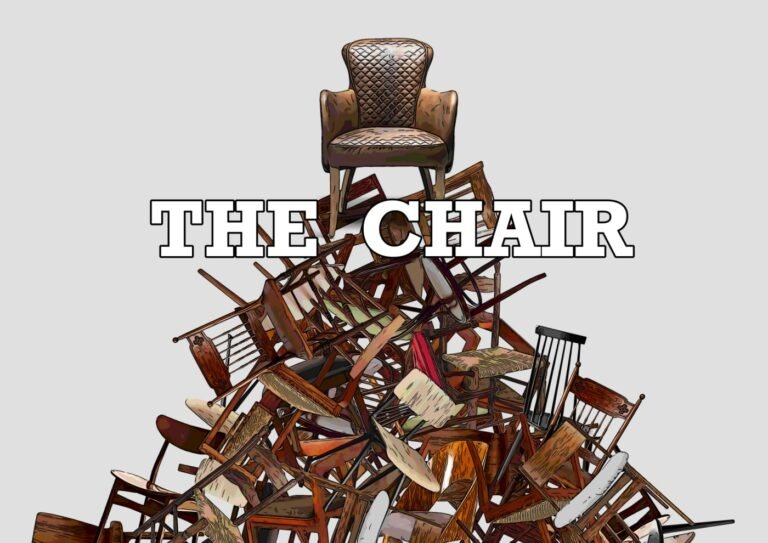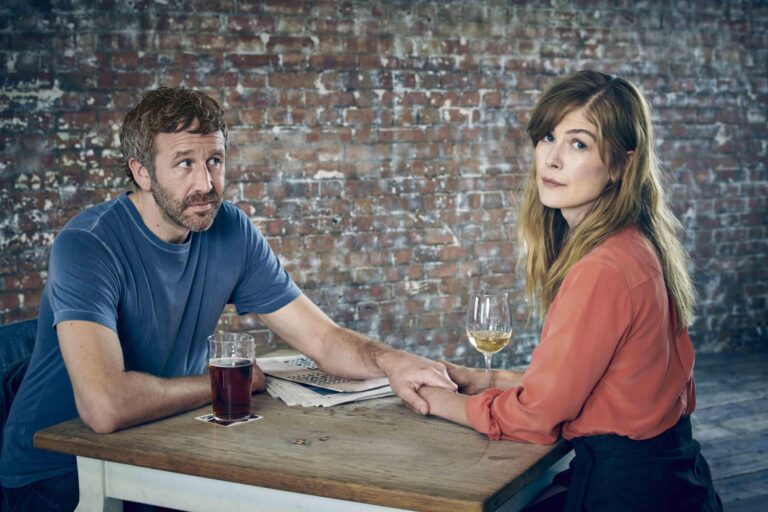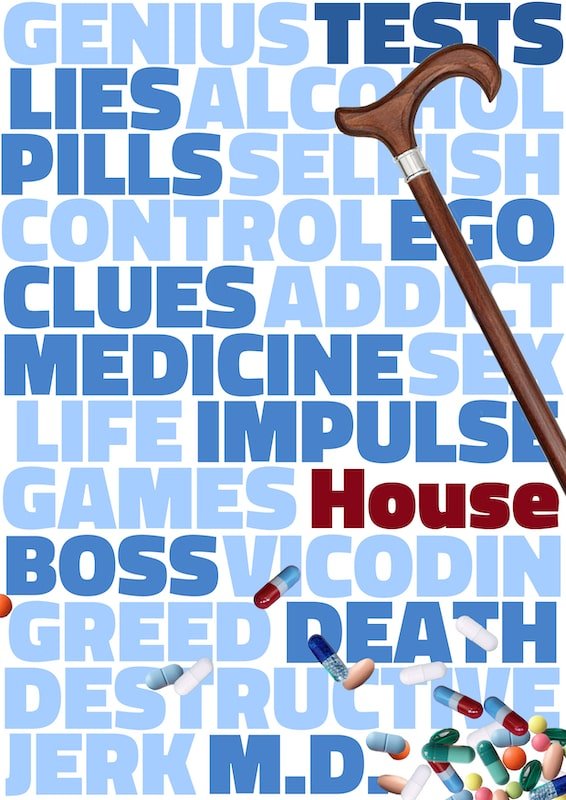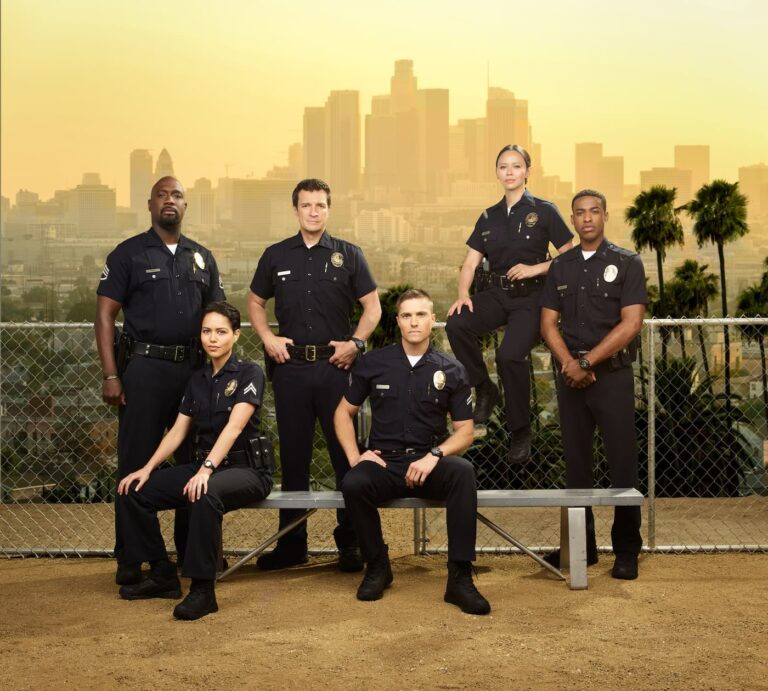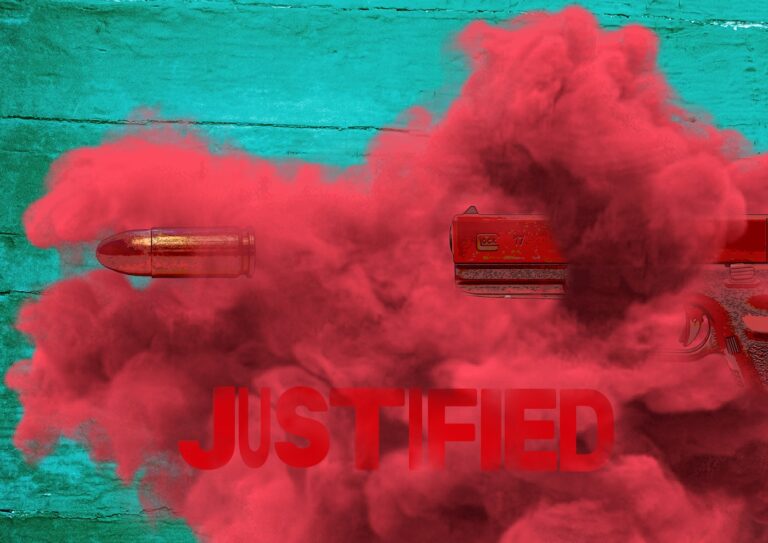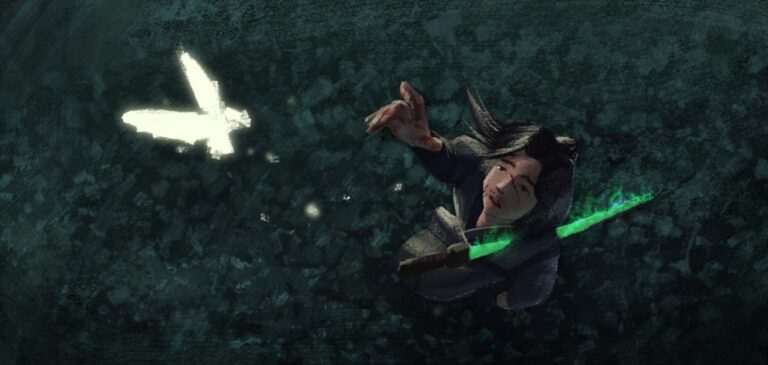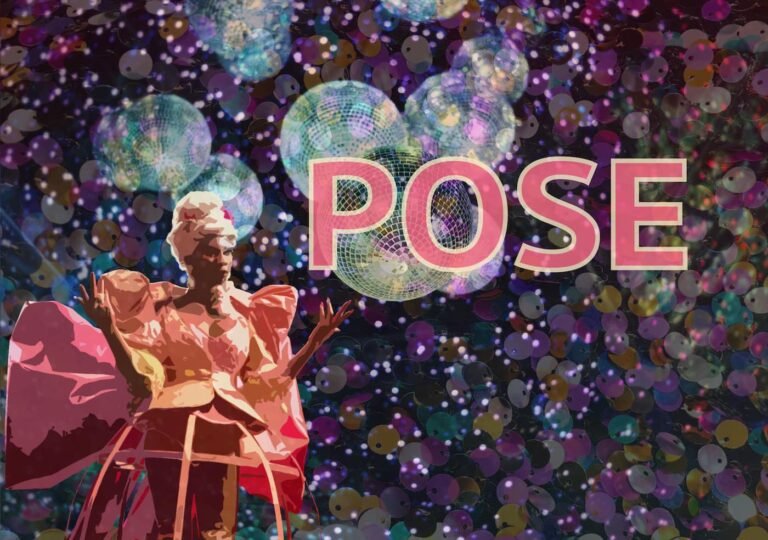A close and personal reflection of South Korea’s mandatory conscription into military duty, its hazing and almost organised use of violence on young men. The series carefully balancing the heavier moments with an inclusion of the outside world; exploring the ramifications on the family and friends of those conscripted. The series D.P. “Deserter Police” follows the main lead Ahn Jun-Ho (Jung Hae-In) as he’s assigned with the task of finding those who have deserted the army and bringing them back. Their reason for leaving and its impact differing with each character, while the result is uncertain.
“Every masculine gender of the Republic of Korea shall faithfully perform mandatory military service, as prescribed by the constitution of the Republic of Korea and this Act. Article 3 of the Military Service Act”
This brief text – which starts each episode – outlines to the audience the restrictiveness and lack of freedom that exists; with every male citizen between the ages of 18 to 28 required to provide military service, and for a period of 18 to 21 months, depending on the division assigned. This forced conscription already explains why deserting is the only option left. But, as seen with this show, the reason for wanting to differs, as do the problems it causes. For the deserters find they still cannot escape their traumas, and have to live a new imprisonment by hiding from the world, all in fear of being caught.
You could expect from this description of D.P. for it to be all misery and grit, and it certainly has the content and its moments, but the cast and crew have created something truly unique and walk a razor’s edge between a dark and all too true reality, and an odd-couple partnership that brings lighter moments with its friendship. This partnership, and the shows dynamic, is shown told from Ahn Jun-Ho’s experiences, with the audience seeing his empathetic nature, along with his inner turmoil and steely determination to do better. But despite holding the show’s focus, he shares the starlight with his co-star Koo Kyo-hwan. Kyo-hwan plays a flamboyant, cleverly cunning soldier, Han Ho-yeol, who has avoided the pitfall of abuse and abuser through his outspoken ways and manner. He’s also charming, sweet and quirky, and certainly brings cheerier moments to the show.
Well balanced between military and civilian life, director Han Jun-hee reminds the latter that this military world is not so removed from their own. And by having our duo Ahn Jun-Ho and Han Ho-yeol step out from the barracks and into the civilian towns, cities and villages in search of those who are hiding, we’re shown how close the two sides are – just a yellow line of paint dividing them – while their treatment is far removed from what society would accept. However, after each of their outings our duo have to reluctantly leave and return back to the base – showing there’s no escape from their life.
Meanwhile the bullying of privates all the way to seniors, is almost institutionalised.
“One of the soldiers fainted during training. So we’ll take it step by step.”
“Good. Don’t overwork them. But let’s add mountain running to the training.”
Humiliating, degrading and with a variety of abuse, it’s shocking to think this continues, but the show later covers how this circle is created; with recruits forced to bully those who are new, and thereby continuing its tradition – breaking them in to hurting others. But Ahn Jun-Ho is not someone to be pushed, and having grown up in an abusive family he sees the trauma repeated and avoids doing the same. But he’s also guilty of ignoring it, and in the case of his mum, blaming the victim for not leaving. However, as the series progresses he begins to see that it’s not always as clear cut as he thought and that not everything changes as it should, with there not always being a way out.
This makes Ahn Jun-Ho more than empathetic to the deserters, and, with a deep understanding of their mindset, combined with his intuitive detective skills and the experience of fellow D.P Han Ho-yeol, they track down the deserters – allowing for moments off base, and for a touch of humanity in amongst its cruelty.
When the episodes return to military life there’s a sense of an impending fallout, with a victim being relentlessly punished, just because they can. The last two episodes in particular are harrowing, and cause the kind of deep breathes that hurt the chest, although they try to counterweight this by the hope you place in Ahn Jun-Ho and Han Ho-yeol.
D.P. has carefully construed a clear narrative that explains the reality of military life and to produce within the audience an empathetic understanding. Even the opening credits are symbolic; filmed in the style of home video clips, they show a baby boy grow through the years until they’re standing wide-eyed at the enlisting ceremony – and with it, it’s clear they’re still just a child, a son, a brother. In stark contrast the ceremony’s formal display seems hypocritical, as those who stand in the audience are forced to say tearful goodbyes to their parents, siblings and childhood crushes. It’s not an honour, which episode one makes clear, but a tiresome tradition that has lost any soul.
The show also explores other issues in society, even if it’s briefly, such as the pressure and judgement of hostess bars, forced eviction for redevelopment, bullying of parents, etc. The series filled with moving moments that will resonate with some, cause a moment of reflection, and a sympathetic understanding. A very moving moment of the series comes from the mother of a deserter, who points out the abuse carried, the lack of punishment sought, and her vulnerability at being unable to protect her son. But when she’s made a very clear and false promise by senior officials, she still chooses to believe them – not to would be worse.
The series isn’t without its controversy, and though set in South Korea, the history of hazing, harassment, sexual violence etc takes place in many military organisations worldwide. Everyone will certainly have their different viewpoints on the series, and the final episode’s end credits may divide opinion further, I’m not even sure of it myself.
This short series of six episodes is one-big stand out, and a leading example of an investigative drama. Informing, pressing and telling a story that will stay with you, not because its overwhelming, but in recognising the issues, and with it the hope some change may come about.
Director: Han Jun-hee
Writer: Kim Bo-tong
Based on the webtoon series; D.P. Dog’s Day by Kim Bo-tong

